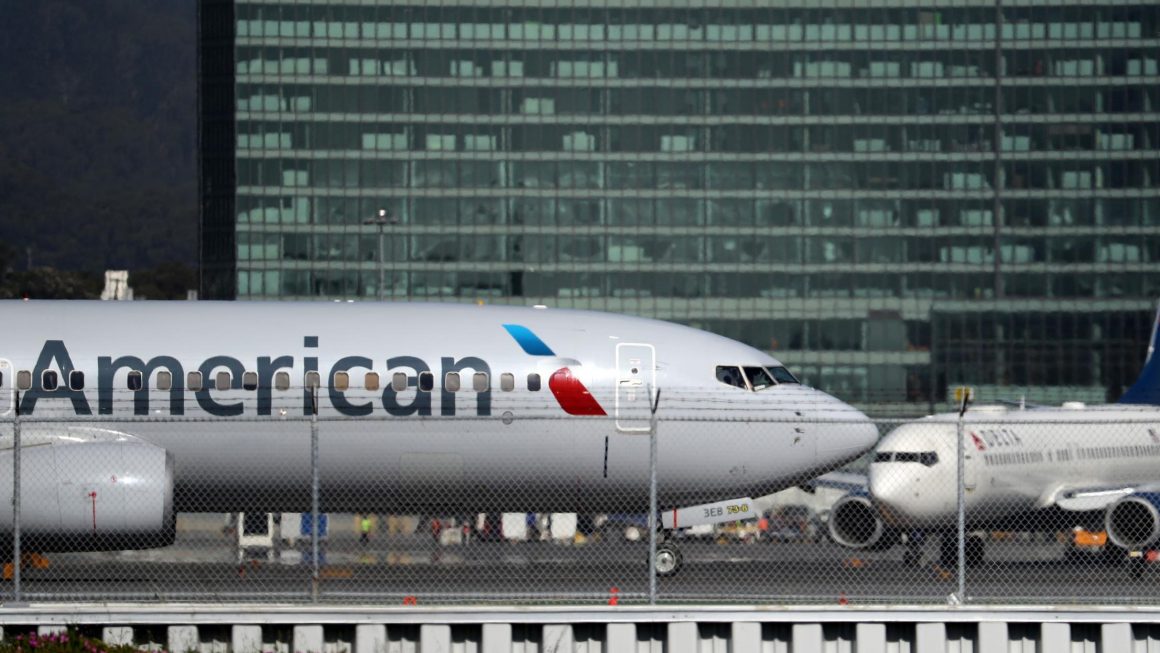
Control room operators work in the operational control centers of large power plants. These plants include coal, gas, nuclear, hydroelectric, wind, and solar. They monitor all plant operations to ensure that everything is going smoothly. This is a critical job in a plant that provides power to homes, businesses, and factories. The control room operator controls the flow of this power.
Duties

Control room operator watch consoles, screens, and computers to monitor all plant activity to make it efficient, productive and safe. The monitoring equipment will tell the operator whether any abnormal conditions are occurring with plant operation or power-producing equipment.
If something abnormal is detected, the control room operator is responsible for troubleshooting the electrical and mechanical equipment to keep it online and functioning properly. Keeping the equipment operating as designed is key to minimizing safety problems and financial losses than can be attributed to plant downtime. A control room operator will also maintain records of the activity that occurs within the domain of the control room, including operating parameters and critical data and settings.
Because operators are in a position to know what’s going on in the entire plant, they are uniquely positioned to recommend and implement processes that enhance both safety and efficiency. One of the main responsibilities of the plant operator is to monitor all equipment that deals with emissions and keep it operating at its best, adhering to local, state and federal regulations.
This is required to maintain the plant’s operating permits. The functionality of today’s state-of-the-art control room consoles makes control room operation more automated, but the amount of data monitored is greater, requiring even more critical thinking on the part of the control room operator.
Multitasking and dealing under pressure

Perhaps the most important skill for a good control room operator is the ability to multitask and work under pressure. An operator must be able to react quickly, appropriately, and adapt to change. This is true even during times of pressure and high stress. Control room operator must be analytical thinkers with the ability to gather and process data quickly and make system adjustments, mindful of potential negative consequences of inappropriate actions or poor decisions.
An operator needs to be a creative problem-solver. Finding individuals with the appropriate skills and experience can be challenging. Using contract employees from an engineering staffing company may be the solution. Some of the country’s top mechanical engineering companies rely on skilled staffing agencies. A significant amount of resource material is available for someone to review to get a good idea of the skills required to be a control room operator and the intricacies of the job.
Some of the most basic abilities needed by a control room operator are:
- High aptitude in mathematics
- Ability to work independently
- Excellent writing and verbal communication skills
- Knowledge of basic electrical and mechanical engineering
- Knowledge of standard and industry-specific maintenance procedures
Some of the more stringent requirements are:
- Ability to read schematics and use technical documentation effectively
- Be OSHA-certified on specific regulations related to power plant operation
- Certified as a journeyman mechanic
Control room operator salaries

The median salary for the various types of control room operator for power plants $83,000 annually, according to the Bureau of Labor Statistics. The salary range is from $47,000 to $101,000. Based on 2018 data, the job outlook for operators is expected to be unchanged as the need for power continues to rise.
However, with the introduction of more alternative forms of energy, technological advances, and operational efficiency, the BLS anticipates the job outlook to dampen slightly. The top three states for salaries are Washington with a median annual wage of $90,000, California at $85,000 and New Jersey’s median wage of about $83,000. As of 2016, 54,700 control room operator jobs existed in the US.



